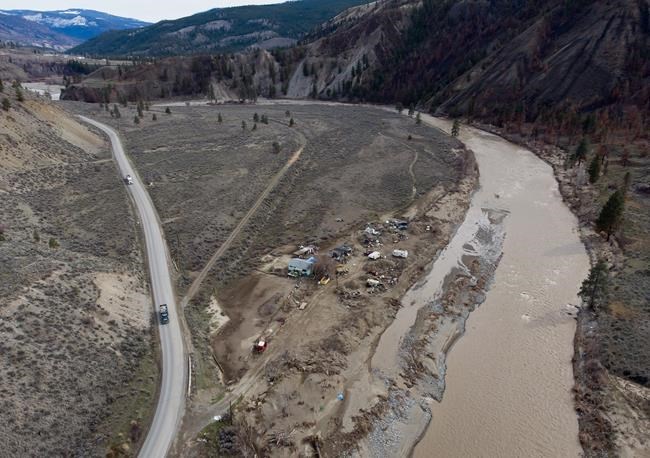VANCOUVER β As British Columbia heads into one of its first warm spells of the year, forecasters are warning the heat could raise avalanche and flood risks, while the danger of wildfires has already nudged up to a "moderate" rating in some parts of the province.
The River Forecast Centre website says temperatures are expected to be at least 10 degrees above normal for many areas of B.C. through the weekend before cooler weather and rain arrive next week.
The centre says mid-elevation snowpacks could begin rapid melting, issuing high streamflow advisories for areas north of Prince George, across the Cariboo, parts of the Shuswap and south through the Okanagan to the U.S. border.
Avalanche Canada predicts the sudden warming could also create dangerous conditions across every mountain range in Western Canada and it says the hazard will increase daily, raising the possibility of very large, deep avalanches.Β
Advisories urge those in the backcountry to use extreme caution on mountain slopes or near river banks.Β
Alberta Parks has issued a similar warning to all backcountry users across the mountainous regions of Western Canada.Β
βThe sudden transition from cool conditions in the alpine to warm temperatures will create dangerous avalanche conditions. The effect of the warm temperatures on the existing snowpack structure means that these avalanches will likely be very large and may run to valley bottoms,β it said in a tweet.Β
Travel in avalanche terrain is not recommended, it said.Β
The drying trend has also prompted an update from the BC Wildfire Service.Β
Its website shows a large region between Kamloops, Bella Coola and Prince George is ranked at a moderate risk of fire and two areas within that zone ranked "high" or "extreme."
Melting snow exposes dry, dead grass, and the wildfire service reports six small blazes have occurred over the last 24 hours in central B.C., including a seven-hectare fire rated as out of control west of Lillooet.Β
This report by The Canadian Press was first published April 27, 2023.
The Canadian Press




